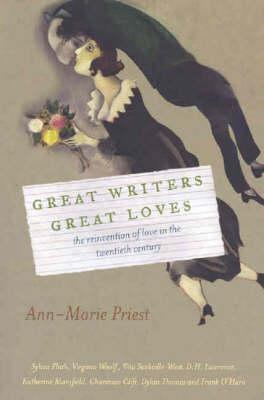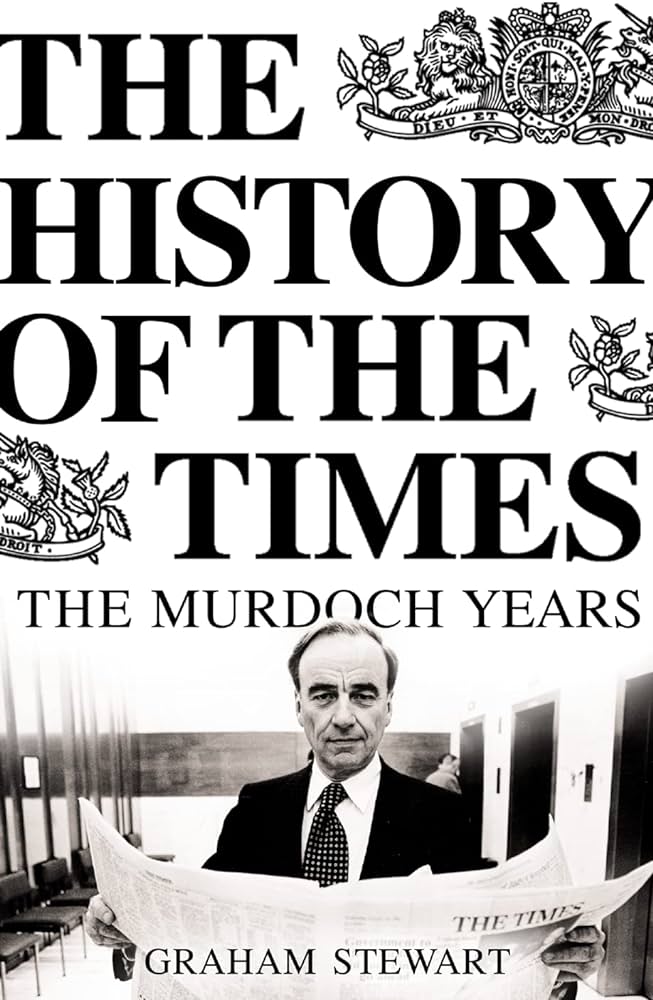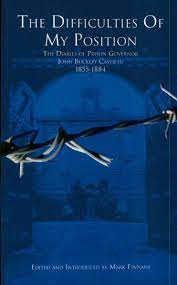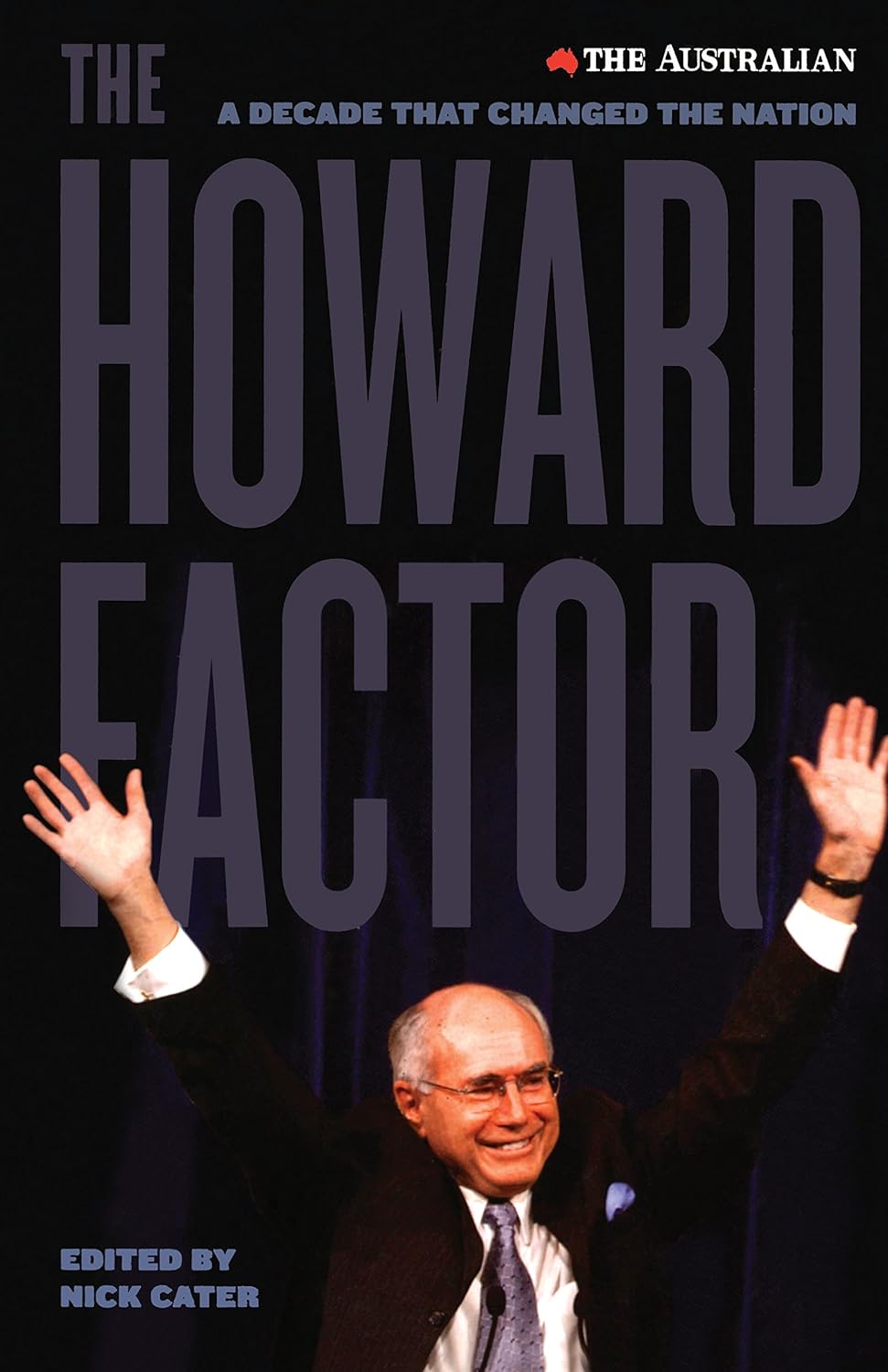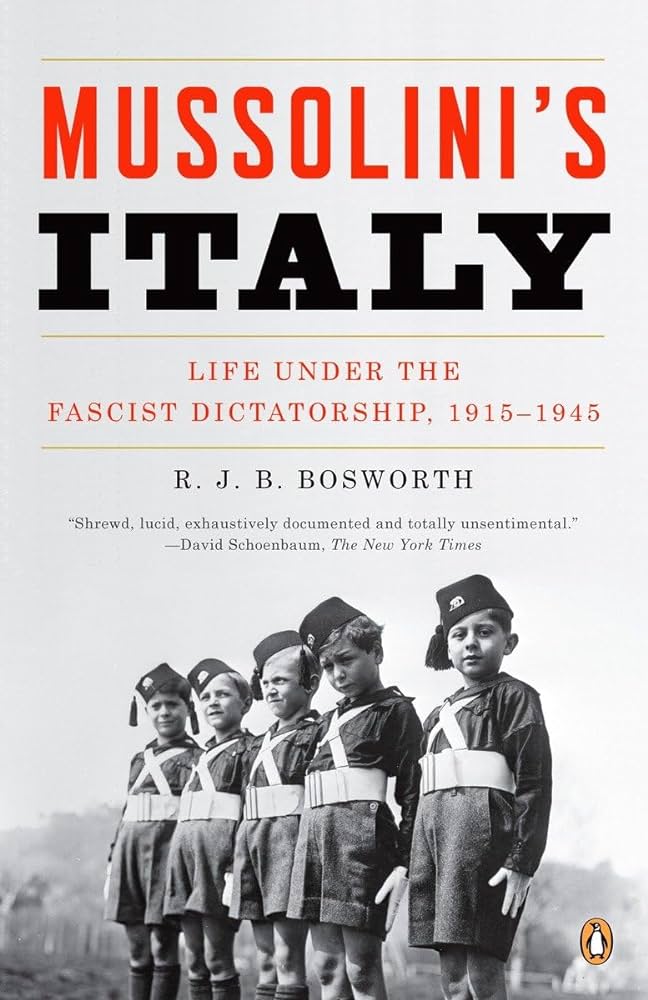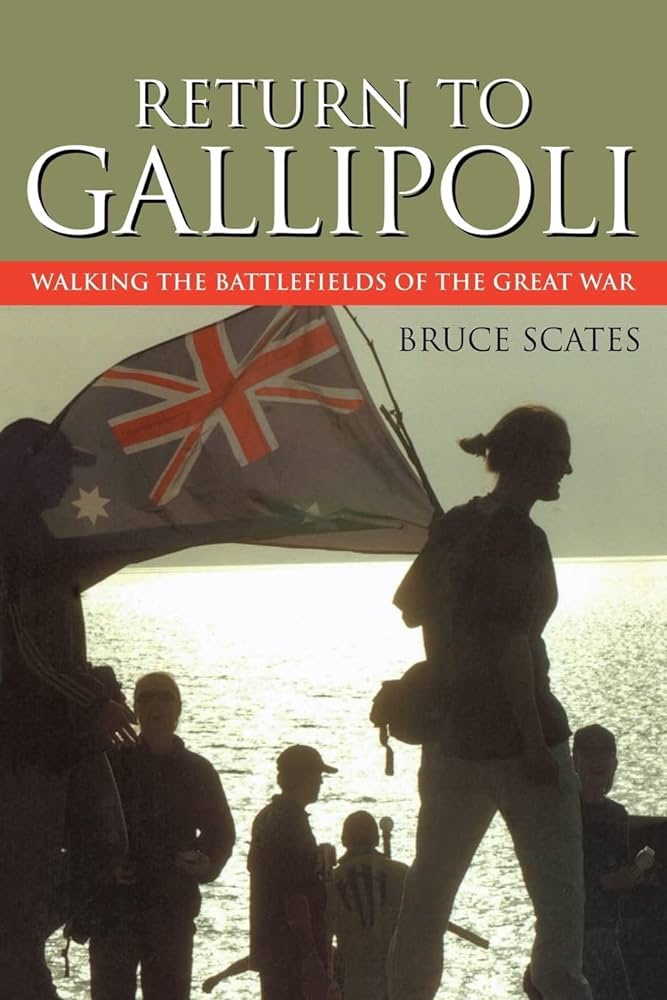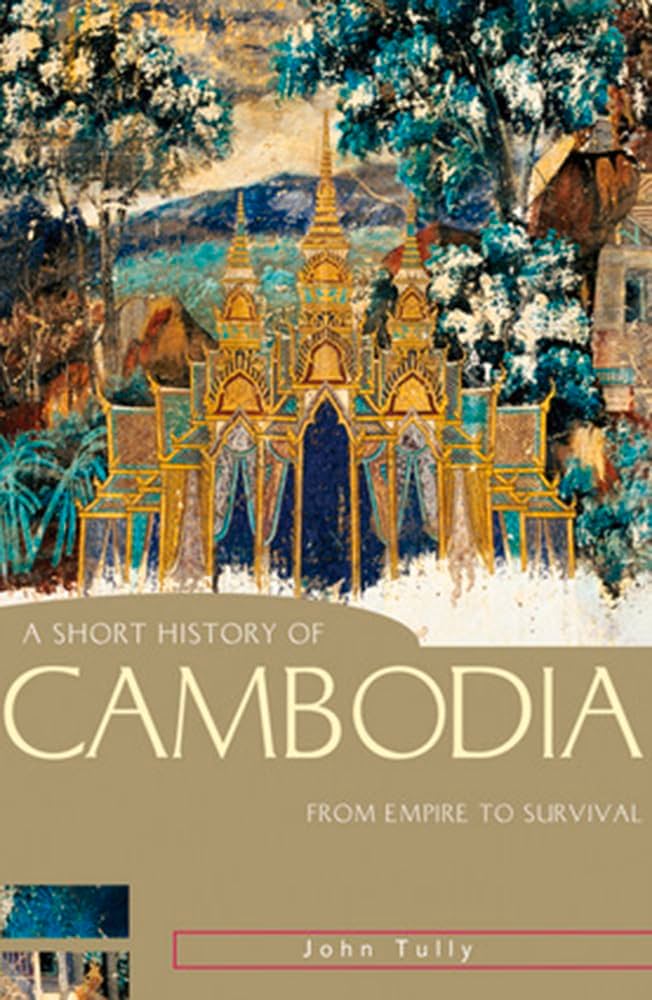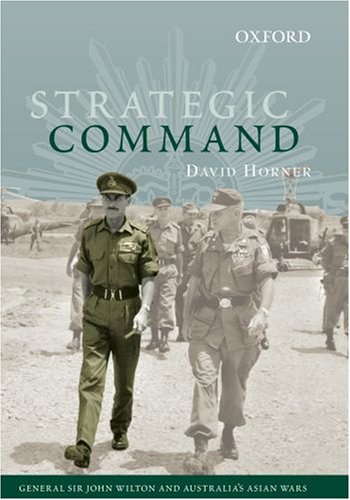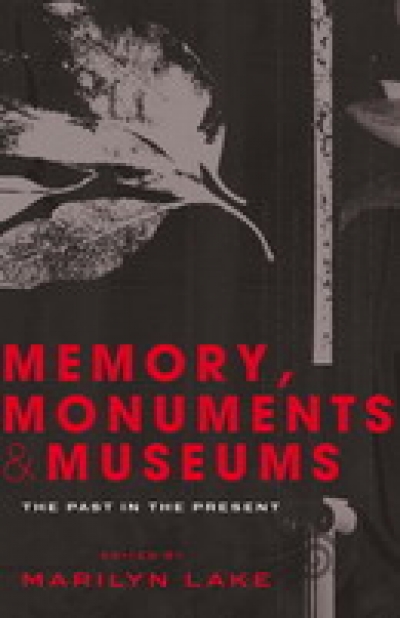History
Great Writers Great Loves: The reinvention of love in the twentieth century by Ann-Marie Priest
If this is love, then we are all in trouble. Addiction, infidelity, cruelty, violence, obsession, depression, repression, jealousy, impotence, the neglect of children and a whole lot of hysterical personal correspondence are features of the love affairs conducted by the eight writers who are the subject of this disconcerting book.
... (read more)The nomenclature of indigenous policy is apt to mislead, casting indigenous people as the passive objects of progressively more enlightened régimes: protection, assimilation, self-determination. This view is resonant in the history propagated by Keith Windschuttle, among others. Contesting Assimilation sets out to debunk this historically inaccurate idea and the implicit condescension in the view that denies any role for indigenous people in shaping the policy environment. As the essays in this volume attest, the development of indigenous policy can only be understood as a product of the interaction of indigenous and non-indigenous reformers, engaged in a struggle of ideas as to how best to resolve the social issues occasioned by colonisation.
... (read more)The History of The Times: Volume vii: the Murdoch years by Graham Stewart
In the first volume of his memoirs, In Time of Trouble, Claude Cockburn described his introduction to The Times of the 1930s, on a visit to its foreign desk. There he found one sub-editor reciting Plato’s Phaedo from memory, while another translated it into Chinese: they had a bet it could not be done without loss of nuance. Another sub-editor, a grammarian of Polynesian previously employed as a professor of Chinese metaphysics at the University of Tokyo, spent the entire evening over a two-line item concerning the Duke of Gloucester’s arrival in Kuala Lumpur. ‘There are,’ he explained to Cockburn, ‘eleven correct ways of spelling Kuala Lumpur, and it is difficult to decide which should receive the, as it were, imprimatur of The Times.’
... (read more)The Difficulties of My Position: The diaries of prison governor John Buckley Castieau 1855–1884 by Mark Finnane
Both a scholarly resource and a good read, Castieau’s diaries, effectively edited, enliven and enrich our sense of colonial Melbourne. Castieau’s modest standing adds to the diaries’ significance as they record the dailiness of life, combining the public and the private: work, life around town and ‘the domestic minutiae of everyday life captured in his relentless record’. What makes Castieau exceptional are the span and detail of the diaries: ‘His workaday life does not obscure the more important issues of colonial life – getting on, enjoying oneself, establishing a reputation, being part of the world.’
... (read more)The Howard Factor edited by Nick Carter & The Longest Decade by George Megalogenis
The provenance of The Howard Factor – a collection of essays by senior writers from The Australian newspaper – is not promising. The Australian is after all part of Mark Latham’s ‘Evil Empire’, cheerleader rather than critic of the Howard government. Yet its sympathy for the régime stems not from partisanship but from the newspaper’s philosophy: neo-liberal in domestic matters, neo-conservative in foreign policy. Populist desertion of elements of the neo-liberal agenda has aroused the wrath of the newspaper: witness its condemnation of the government’s policy funk in early 2001, and of its recent surrender to Snowy River romanticism. Discord has been less in foreign policy, where both government and newspaper have been willing recruits to the ‘war on terror’. So slavish has become the newspaper’s adherence to America’s contemporary wars that it has even repudiated its quite heroic stance on the Vietnam War a generation ago.
... (read more)Mussolini’s Italy: Life under the dictatorship 1915–1945 by Richard Bosworth
One thing is certain: Mussolini would not like this book. Indeed, it is exactly the sort of writing that would rouse Il Duce’s ire. In the last disintegrating days before his ignominious end, when Mussolini realised that his erstwhile allies, the Germans, had outmanoeuvred him, that members of his inner circle were frantically making arrangements to flee Italy, and that partisan uprisings had set Lombardy and the Po Valley alight, the archbishop of Milan offered what was supposed to be a soothing observation: that Il Duce should take heart that he would be remembered by history. Enraged by this assurance, Mussolini declared: ‘History, don’t talk to me of history. I only believe in ancient history, in that which is written without passion and long afterwards.’
... (read more)Return to Gallipoli: Walking the battlefields of the great war by Bruce Scates
Why does ANZAC day seem more popular now than forty years ago? Despite the thinning ranks of veterans, attendances at dawn services in most capital cities are up, crowds at the marches are large and enthusiastic, numerous historians and former members of the armed services seem to be running profitable battle-field tour businesses, and the desire of young Australian backpackers to include Gallipoli (particularly on Anzac Day) in their itineraries increases every year. This popularity is even more remarkable given that in the 1970s and early 1980s Anzac Day was a source of controversy and dissent: anti-war protestors, Vietnam veterans who felt excluded from the national ethos, indigenous Australians who felt their wars were overlooked and feminists determined to highlight the problem of women raped in war, all saw this national day of commemoration as an occasion to press their cause. The RSL did not respond well to these attempts to undermine the sanctity of the day. The re-emergence of Anzac Day as a site for unity and cohesion, particularly amongst younger Australians, is intriguing.
... (read more)A Short History of Cambodia: From empire to survival by John Tully
Cambodia is best known for the Angkor temple complex, and for Pol Pot. This primer incorporates the famous monuments and the Killing Fields into 2000 years of history, from pre-Angkorean Funan to the present. As John Tully suggests, it suits ‘tourists, students and general readers’. Writing a ‘short history’ presents specific challenges: the author must balance a narrative that tells a comprehensible story with the reality that history is messy and contested. While Tully cannot avoid discussing eras, issues and personalities with haste, the chapter on the Angkorean civilisation is especially crammed. In part, this reflects his obligation to acknowledge scholarly disagreement, but a more detailed and leisurely account of the Angkor era would have been welcome. In contrast, the chapter on the French protectorate (1863–1953) is assured and authoritative, which is unsurprising since Tully previously wrote the majestic France on the Mekong: A History of the Protectorate in Cambodia, 1863–1953 (2002).
... (read more)Strategic Command: General Sir John Wilton and Australia's Asian Wars by David Horner
The name of Sir John Wilton would be unknown to the vast majority of the Australian public, to the defence community as a whole, and even, I suspect, to many of those now in the army. Such is the transitory nature of military prestige. David Horner’s biographical study seeks to correct this, and to explain the centrality of Wilton’s career to the development of Australian defence policy and operational deployment in the postwar period. This is more than a biography: while Wilton the man is not neglected, the emphasis is rather more on Wilton the professional, steadily climbing through the officer ranks in a series of appointments that culminated in his tenure as Chairman of the Chiefs of Staff Committee from 1966 to 1970.
... (read more)Memory, Monuments And Museums: The past in the present edited by Marilyn Lake
This book consists of sixteen essays based on papers delivered at the symposium of the Australian Academy of the Humanities held in Hobart in 2004. The title of the book was the theme of the symposium. A conference must have a theme, of course, or no one would ever fund the participants, but individual speakers do not always address it, or they do so tangentially. We have all been at conferences where the relationship of the speaker’s paper to the theme is the same as that between the ugly sisters’ feet and Cinderella’s dancing slipper – a great deal of stretching and contorting to make the text fit the theme, and vice versa. This is why conference proceedings rarely make good books.
... (read more)

